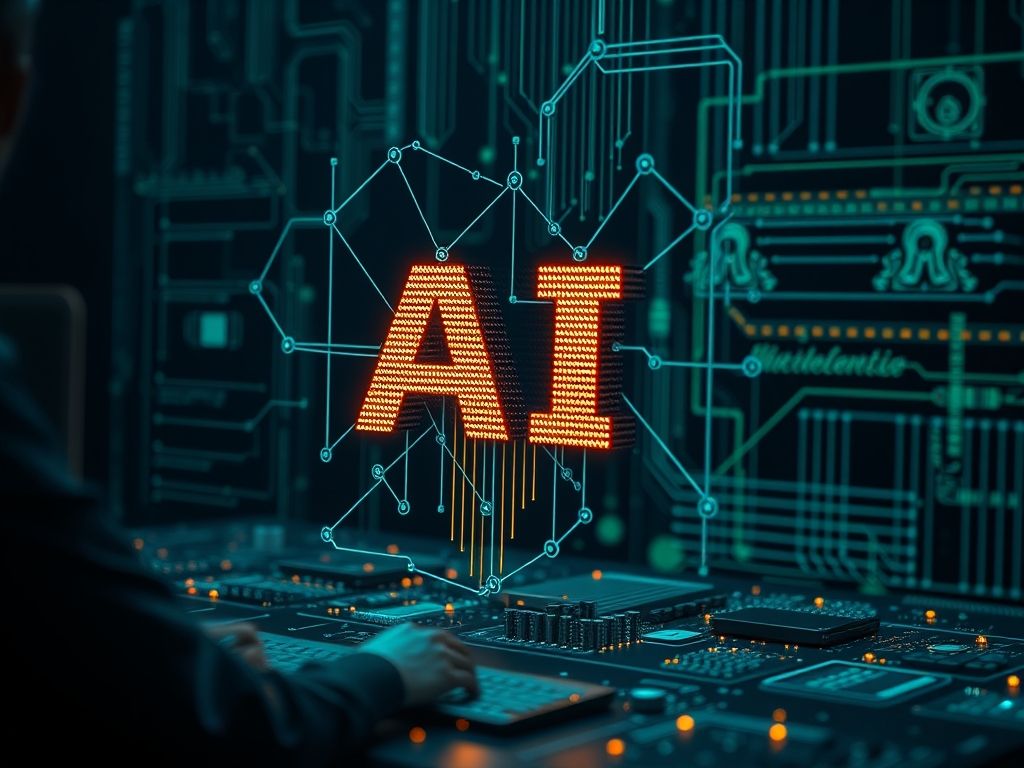Understanding AI Software: A Comprehensive Glossary
AI Software refers to computer programs designed to perform tasks that typically require human intelligence. This includes capabilities such as learning, reasoning, problem-solving, perception, and language understanding. With the rapid advancement in technology, AI software has become a cornerstone in various fields, including web development, data analysis, and robotics.
The Importance of AI Software in Today’s Tech Landscape
AI software is not just a trend; it has become essential in enhancing productivity and efficiency across numerous industries. For programmers and web administrators, AI tools can automate repetitive tasks, optimize workflows, and provide insights that were previously unattainable. This technology empowers developers to create more sophisticated applications and improve user experiences.
Key Features of AI Software
- Machine Learning: AI software can learn from data and improve its performance over time without explicit programming.
- Natural Language Processing (NLP): This feature enables machines to understand and respond to human language, making it crucial for chatbots and virtual assistants.
- Computer Vision: AI software can analyze visual data and make decisions based on image recognition, which is vital in fields like healthcare and autonomous vehicles.
- Automation: AI tools can automate mundane tasks, allowing professionals to focus on more strategic initiatives.
Real-World Applications of AI Software
AI software finds applications across various sectors. Here are some notable examples:
1. Customer Support Automation
Many companies utilize AI chatbots powered by AI software to handle customer queries efficiently. These bots can provide instant responses, reducing the workload on support teams.
2. Predictive Analytics
AI software enables businesses to analyze historical data and predict future trends. For instance, e-commerce platforms use AI to recommend products based on user behavior.
3. Smart Assistants
Applications like Siri and Alexa leverage AI software to understand voice commands and perform tasks, significantly enhancing user interaction with technology.
4. Autonomous Vehicles
AI software plays a crucial role in developing self-driving cars, where it processes vast amounts of data to make real-time driving decisions.
How to Implement AI Software in Your Work
Adopting AI software can seem daunting, but here are practical steps to get started:
- Identify Use Cases: Determine which processes in your workflow could benefit from automation or enhancement through AI.
- Choose the Right Tools: Research and select AI software that aligns with your needs. Popular options include TensorFlow for machine learning and OpenAI’s API for natural language tasks.
- Integrate Gradually: Start with pilot projects to test the effectiveness of AI software before widespread implementation.
- Monitor and Optimize: Continuously assess the performance of the AI tools and make adjustments as necessary to maximize their benefits.
Related Concepts in AI and Technology
Understanding AI software also requires familiarity with other concepts in the tech field:
- Data Science: The field that encompasses the analysis of data, crucial for training AI models.
- Cloud Computing: Provides the infrastructure needed to run AI applications at scale.
- Big Data: Refers to the vast volumes of data that AI software processes to learn and make predictions.
Conclusion: The Future of AI Software
AI software is revolutionizing how we interact with technology and how businesses operate. For developers and IT professionals, understanding and leveraging AI tools can lead to significant advancements in both productivity and innovation. As you explore the potential of AI software, consider how it can enhance your projects and workflows.
Reflect on your current processes: where can you integrate AI software to streamline operations and improve outcomes? Embrace the future of technology by incorporating AI into your work today.









